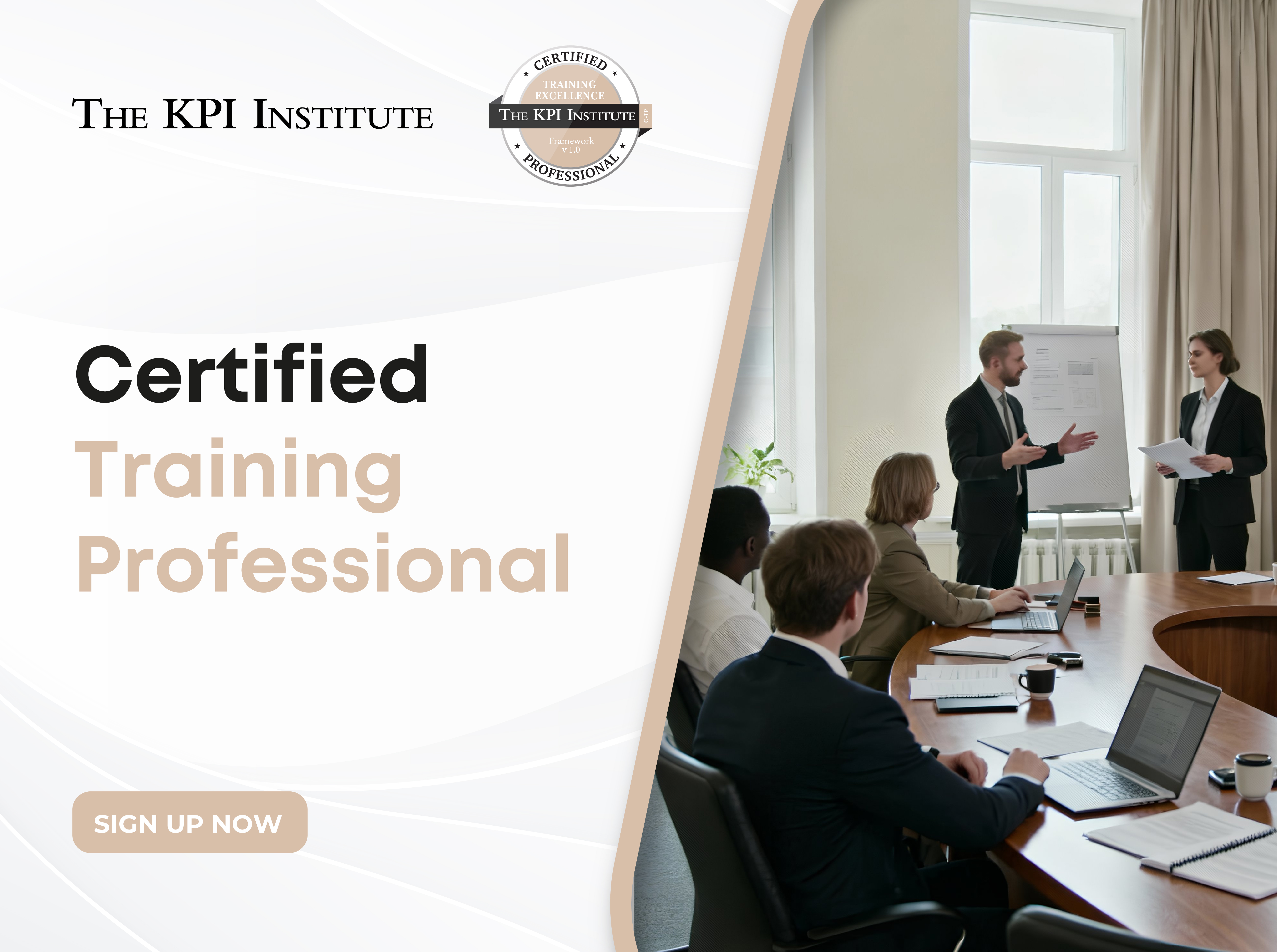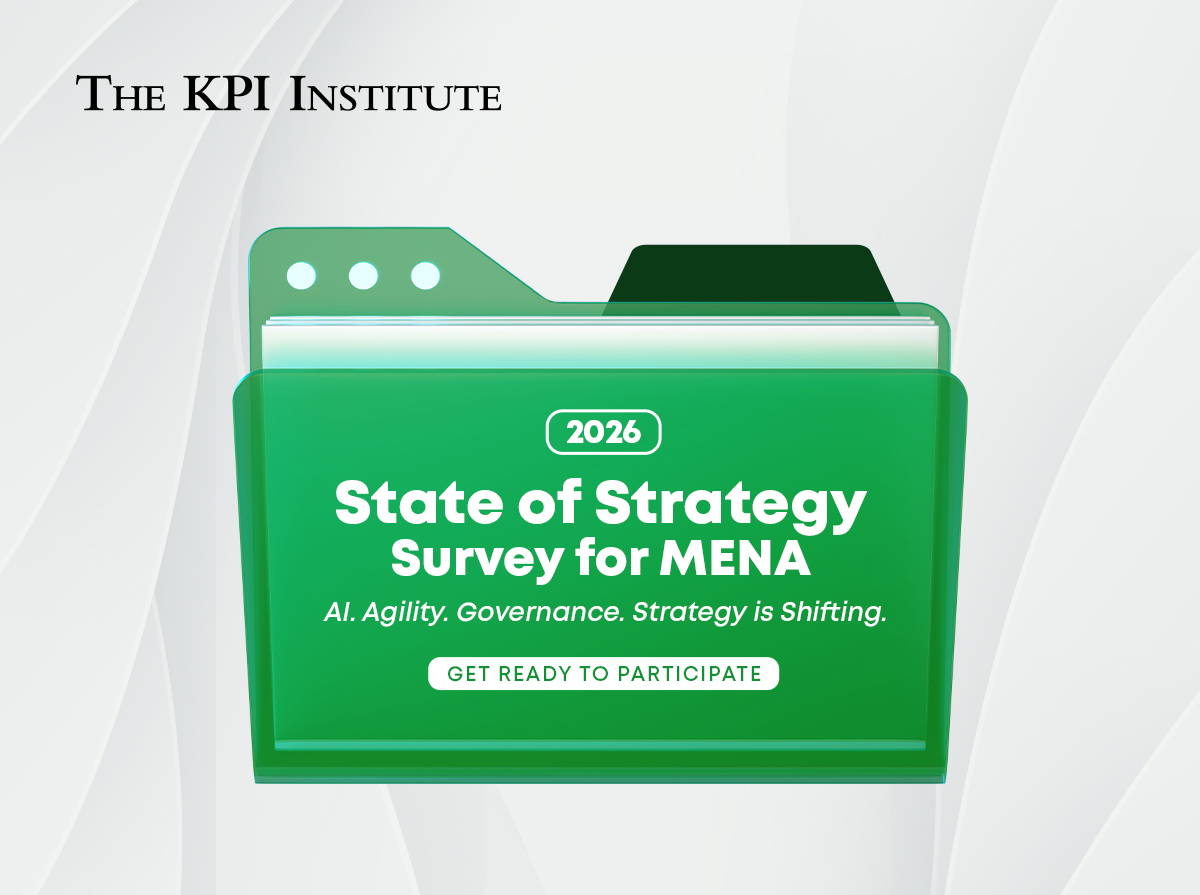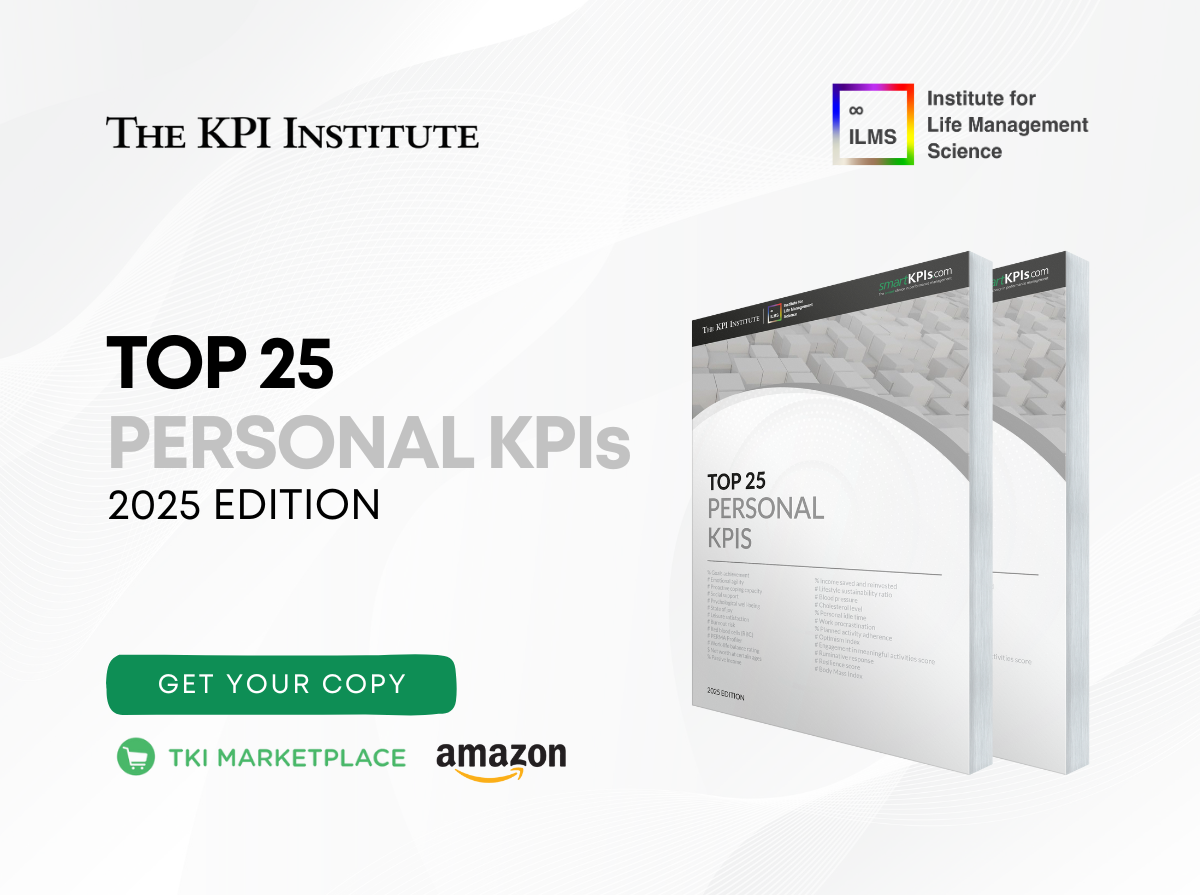Certified Employee Performance Management Professional and Practitioner
Employee performance seems to be one of the murkier areas of business, when it comes to understanding how it should be analyzed, measured and evaluated. Many managers get caught up in the generational narrative – boomers vs millennials, and forget that those elements play a much smaller role in quantifying results. They’re impactful for building the most appropriate work culture, but less so when looking at performance from an objective, metrics-focused point of view.
Because we stumble over this disconnect quite often, we at The KPI Institute have developed the Certified Employee Performance Management Professional and Practitioner courses, to help out our fellow businessmen and women, in finding out how to best measure their employees’ performance.
These courses will clarify key, specific, detailed concepts and will provide practical tools and techniques for implementing, improving or maintaining the company’s employee performance management system. You will gain exposure to some of the best practices in the field of performance management and will learn how to establish and use objective criteria for evaluating performance.
Key Course Learning Objectives and Benefits
The Employee Performance Management Professional and Practitioner training courses are outlined to help professionals design, implement and monitor individual and team performance systems that are aligned with the strategic goals of the company:
- Understand the fundamentals of the performance management framework
- Learn how to track employee performance during each phase of the performance management cycle
- Apply key tools to measure employees’ results in a fair and objective manner
- Learn how to conduct efficient performance appraisals
- Gain the knowledge of developing a PM system business case
In addition, you’ll learn how to nurture core competencies in order to design, implement, monitor, evaluate and follow a performance management cycle successfully. On top of all this, we’ll teach you how to identify the necessary corporate competencies and skills gaps, in order to generate sustainable growth. Lastly, through our C-EPM course, you’ll understand how to improve the organization’s visibility and accountability related to performance expectations.
Focusing on employee engagement
One of the core areas of employee performance that our courses focus on is engagement. To many, engagement feels like the carrot on the stick – you incentivize employees with something tantalizing and because they’ll want it, they’ll be inclined to become more engaged with their work, in order to acquire it. While this may seem like a good rule of thumb, it has a few caveats.
First of all, there is no such thing as “ideal carrots”, as many managers believe. Obviously, financial incentives matter, but in a world where a higher percentage of people have access to goods and services than ever before, money has become less of a central goal. If in previous work eras, 10/10 people would choose money, in today’s era, that number swerves between 6-7/10, depending on the industry and the alternatives that you’re offering.
Second of all, some employees simply cannot be engaged with or incentivized in any fashion. They don’t necessarily have to be low performers – they can be doing their jobs just fine; however, they simply do not wish to commit to the company’s ideals, vision or mission.
Engagement feels like a soft skills area, however it is more impactful than people give it credit for. A 2013 HRB study found that 72% of respondents ranked recognition given for high performance as having a significant impact on employee engagement. Moreover, a Tower Watson study from 2012 noticed that 88% of highly engaged employees understand how their specific job contributes to the organization achieving its business goals.
Therefore, if you’re someone struggling to find ways of effectively engaging your workforce, our C-EPM courses have you covered. Whether you wish to find the best possible ways of creating a motivated roster of employees, evaluate individuals based on objective criteria that make it easy to spot over-/under-performance or simply look for the most optimal ways of dealing with un-engageable employees, the Certified Employee Performance Management Professional and Practitioner courses have the information you need.
Short course agenda debrief
During the course’s 3 days, you’ll be able to gain an in-depth grasp over the following:
- Designing an EPM System – what are its benefits, its prerequisites and how do you get buy-in & engagement
- Measuring Employee Performance – cascading objectives, from the top levels, to the individual ones; defining, selecting & assessing behaviours and competencies; creating an employee performance evaluation form
- Nurturing Employee Performance – how to do employee performance planning, mid-year performance reviews, how to put together a point of contact and support for employees, what are the most effective feedback techniques and what is active listening
Both C-EPM courses are broken down into several modules, each covering specific areas of the overarching employee performance management learning point, from performance criteria, to EPM System architecture and implementation project, putting EPM in context, evaluating initiatives and gauging the employee performance maturity level of your organization.
If you need help with finding out how to better manage your employees or you believe that your company might reap great benefits from implementing a structured employee performance overview framework, we’re here to help.
Many exceptional employees are lost because of mismanagement, poor communication, lack of engagement initiatives or even something as simple as complete cluelessness on the manager’s part. Many solid rosters end up breaking down because of the same factors.
Be proactive when it comes to your employees, their drive to succeed and their ability to help your organization evolve.







